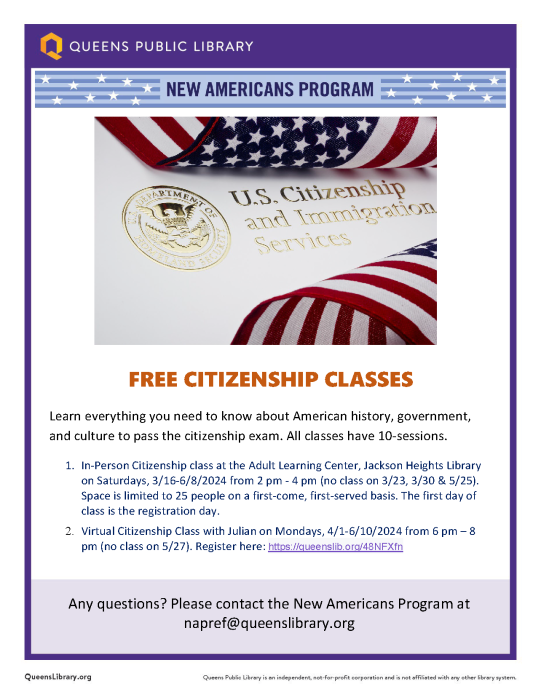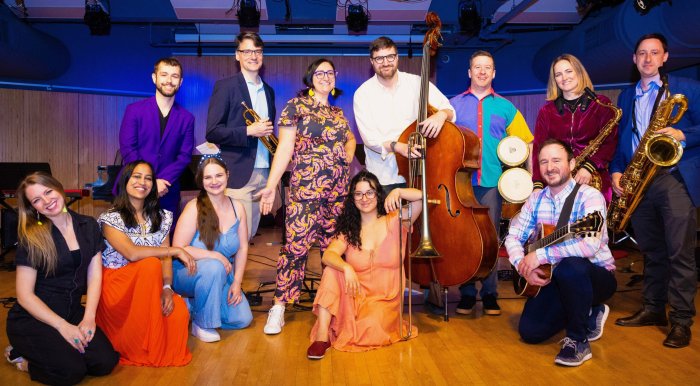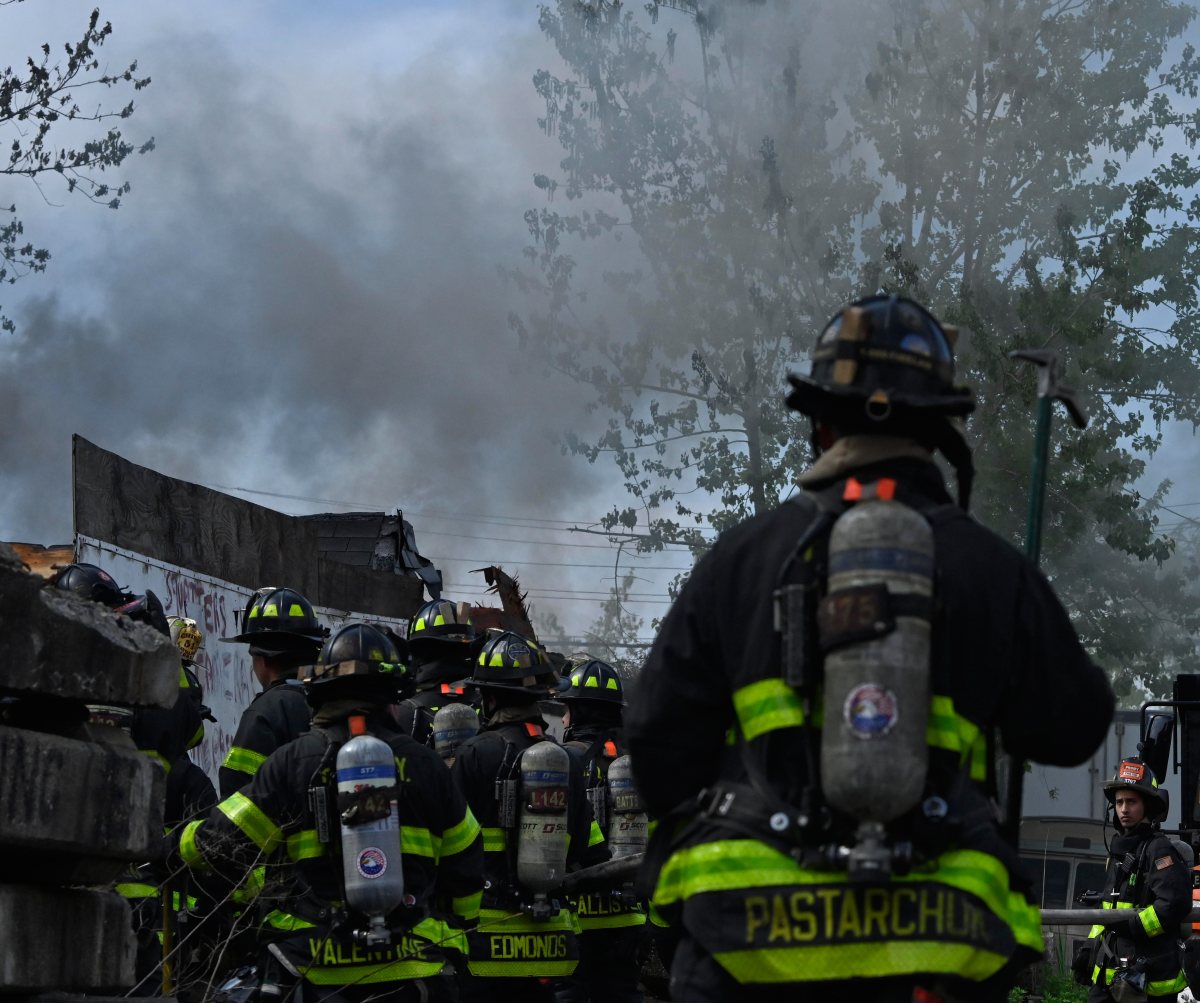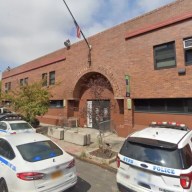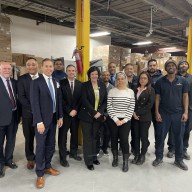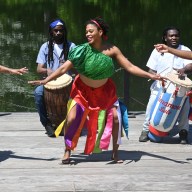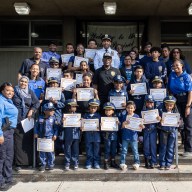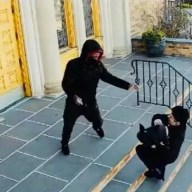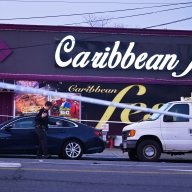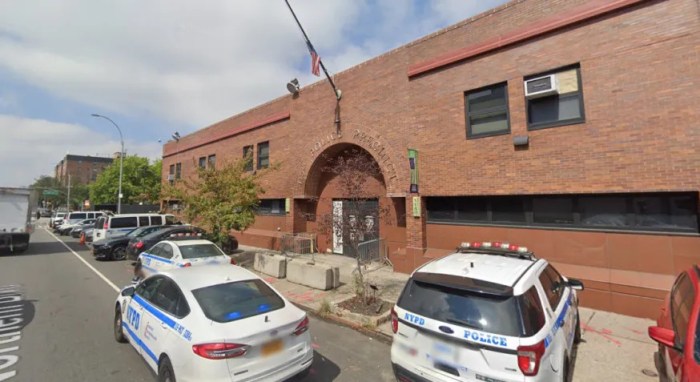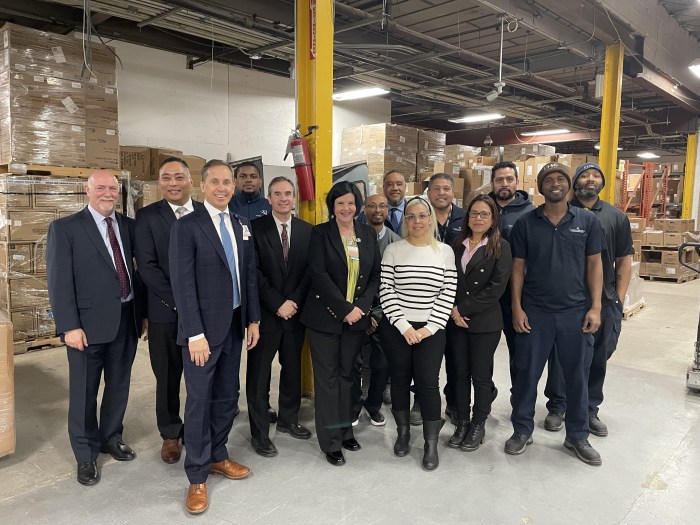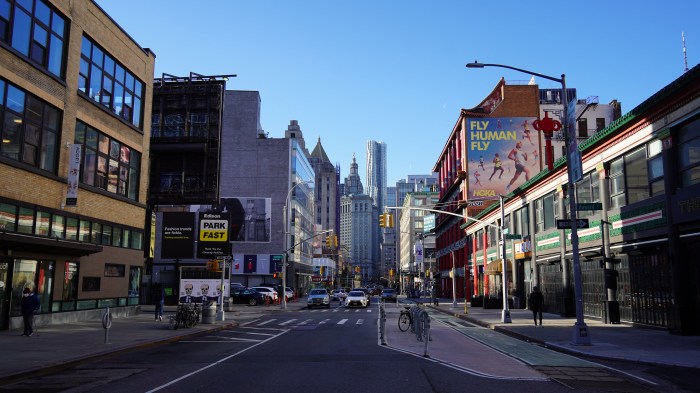By Philip Newman
The young Czech journalist and his new bride had slogged through mud all night in a steady rain, eluding Communist border police as the couple approached what they fervently hoped was a weak spot in the Iron Curtain.
The story of the fateful Cold War journey of Ivan Zverina and his wife Marta that tension-filled May night in 1949 had a happy ending and has now been published in a new book by the retired Flushing resident.
Zverina, who was a newsman at the worldwide news agency United Press (later United Press International) in Prague, used subterfuge to foil the secret police, made it across the border into Austria and resumed work for the UP in Vienna. He moved on to other UP postings in Frankfurt, London and finally New York.
For Zverina, it all turned into a distinguished journalistic career that stretched to 4 1/2 decades as an editor and reporter, including 25 years as a UPI diplomatic correspondent at the United Nations headquarters in Manhattan.
Zverina, 78, and his wife have logged nearly a half century as Queens residents after arriving on the British liner Queen Elizabeth in 1952.
Zverina survived six years of Nazi occupation of his native Czechoslovakia only to experience the 1948 Communist takeover and its accompanying oppression that strangled Czechoslovakia's free press, shutting down the Czech bureaus of UP, the Associated Press and other Western news agencies.
Zverina has recounted his experiences in a recent book, “Prague (UP),” published by Iconix, Inc.
The Flushing man recounts his chance meeting with an American war correspondent in Wenceslaus Square in Prague a short time after V-E Day in 1945, when Germany surrendered to the Allies. The American hired Zverina to work in the new UP news bureau in the newly liberated Prague.
It was an era in which nation after nation in East and Central Europe and the Balkans fell under Communist rule and the Soviet Union, under Josef Stalin, developed its own nuclear bomb.
In his book, Zverina tells of the tumultuous days in Prague and of his tireless efforts, mostly successful, to find out decades later what happened to his colleagues at the Czech bureau of UPI.
As Adolf Hitler's Nazi Germany surrendered to the Allies in May 1945, Zverina witnessed the freeing of Nazi concentration camp prisoners, the departure of Nazi soldiers, one of whom spat on him, and Czech acts of horrific vengeance against the Nazis, including the roasting alive of a German woman sniper and three SS officers.
After the Communist takeover on Feb. 25, 1948, and the death of Czechoslovakian President Jan Masaryk, U.S. President Harry Truman told a joint session of Congress that “the tragic death of the Republic of Czechoslovakia has sent a shock throughout the civilized world.”
On Jan. 6, 1949, Zverina married Marta Malykova, whose childhood, like that of Zverina, had been spent in the Slovakian city of Bratislava, although neither knew the other then. Within months, he was warned that he and his wife would be asked by the Communist secret police to testify against an American staff member at the UP bureau in Prague.
“A terrible fear gripped us, a fear for our future, a fear that would not leave us, that ruled our lives for many weeks,” he writes in the book.
The newlyweds decided it was time to flee their homeland as democracy and a free press withered under Communist pressure. They joined several other people who paid an underground expert to guide them to the Austrian border, which, unlike the frontier with Germany, was still without barbed wire or guard towers.
Besides being acutely aware that they faced two years imprisonment if caught trying to escape, what was on their minds as they fled toward freedom that night so long ago?
“We were afraid,” said Zverina in a recent interview. “It was a gamble. We were lucky it was raining.” At one point they passed within sight of a shack where border guards had taken refuge from the rain. Several times, they flattened themselves on soggy grass or took to watery ditches at the sound of approaching cars before reaching the Austrian border.
Not until they arrived at the UP office in Vienna could they draw an easy breath, Zverina said, since the border area where they entered Austria was occupied by the Soviet army.
“But after we got to Vienna, the UP helped us at each step,” he said, including aid in getting to Frankfurt and London.
During their years in Queens, the Zverinas raised two sons, Jan and Peter, and a daughter, Helen. There are five grandchildren.
What was the Queens of 1952 like when the Zverinas arrived in America?
“Certainly fewer automobiles and more open space,” Zverina said. “And Glendale, where we lived until 1961, was largely German then and there was no Long Island Expressway. Where the Queens Mall is now was then an amusement park with a carousel.”
“It was been a pleasant place to live,” he said.
Zverina said he bought his first car not long after arriving, a used 1949 Ford.
“A Czech friend was teaching me how to drive,” he said. “We were practicing near Forest Park when a policeman drove up and started to issue a ticket for a driving violation, but my friend said ‘how about giving him a break? He is a new immigrant from Czechoslovakia.’”
“What would they do to him in Czechoslovakia if he made an illegal turn?” the cop asked.
“My friend told the policeman: ‘Nothing. In Czechoslovakia he would have no car.’”
—–
Zverina's book is available for $15 postage paid from Jan Zverina 248 512-2684 or jaz3@daimlerchrysler.com



